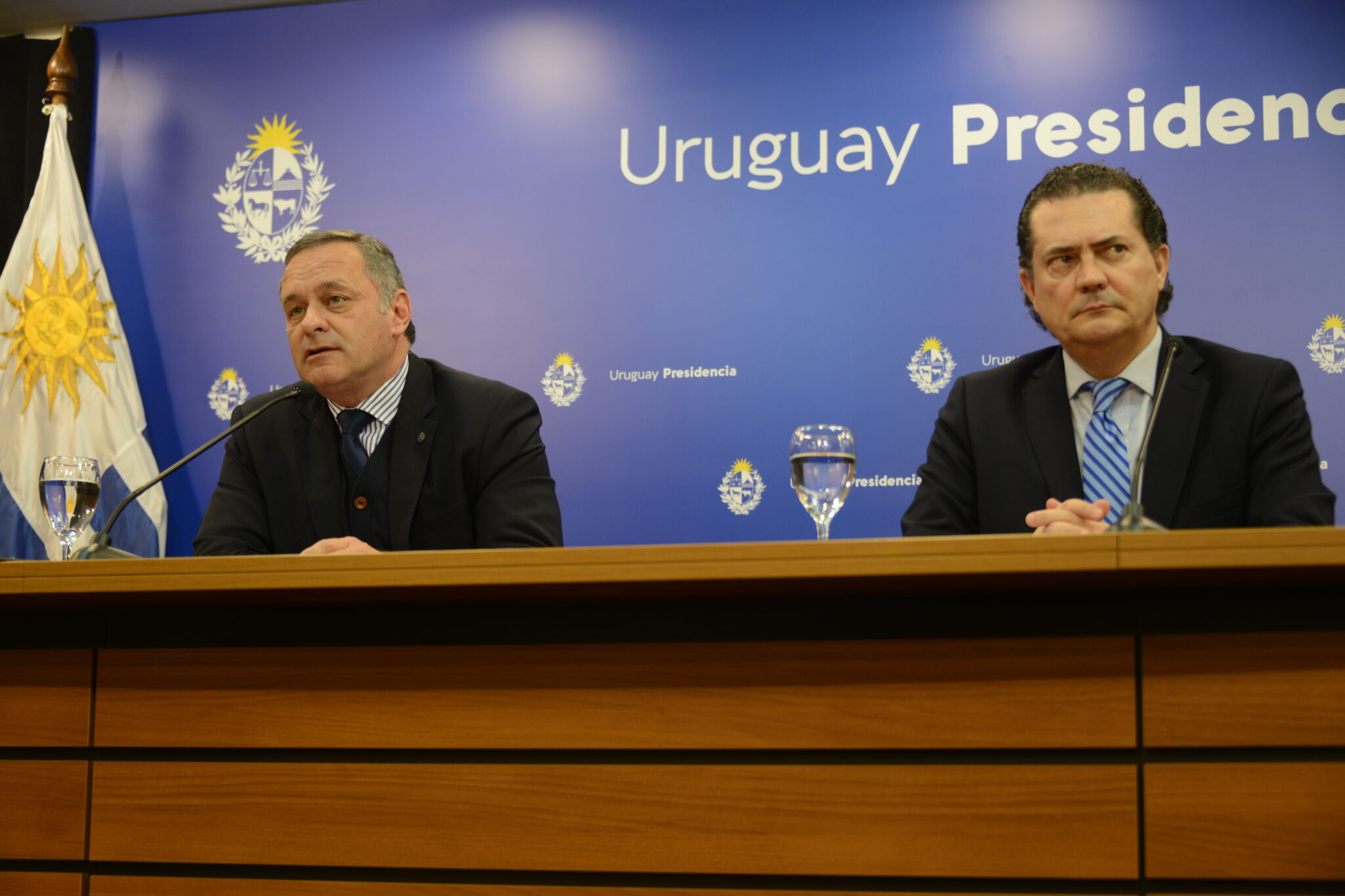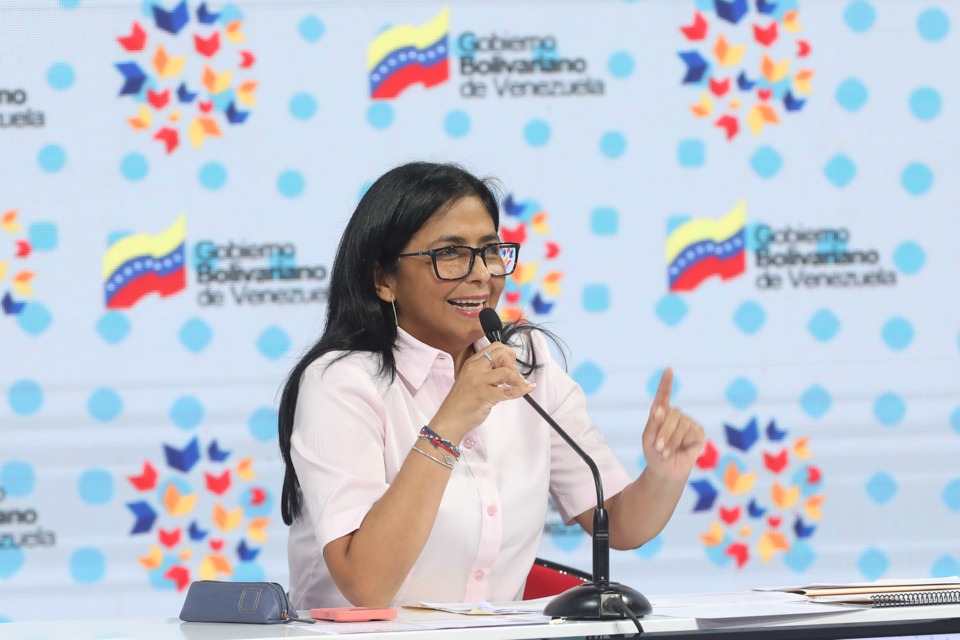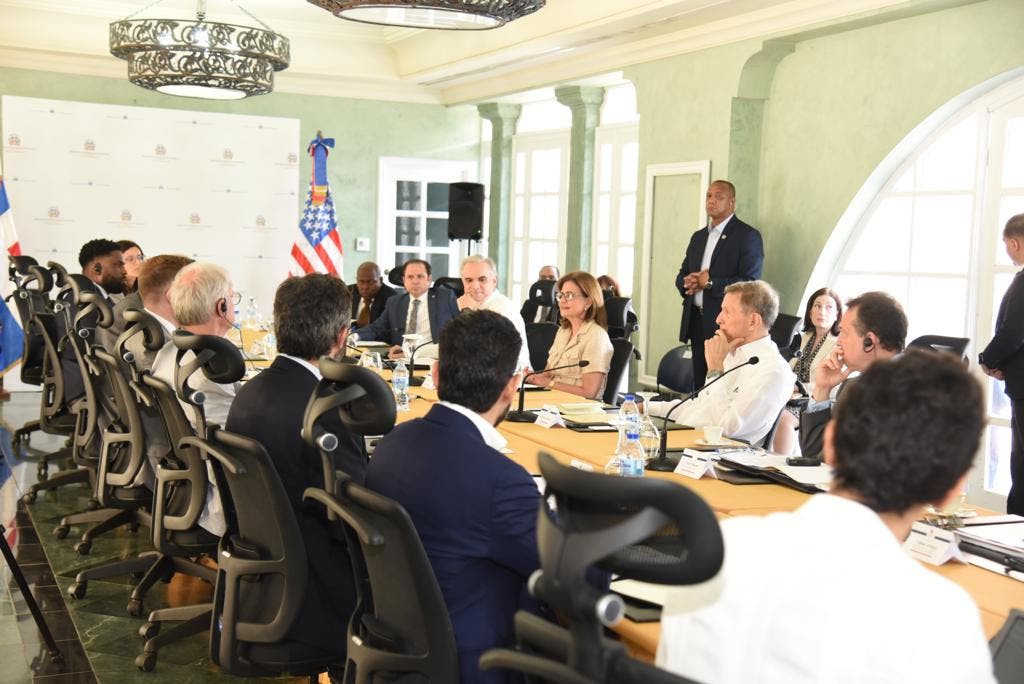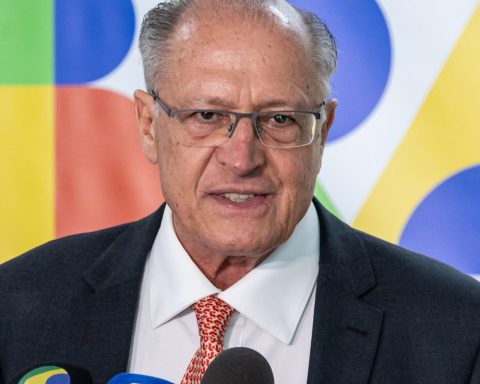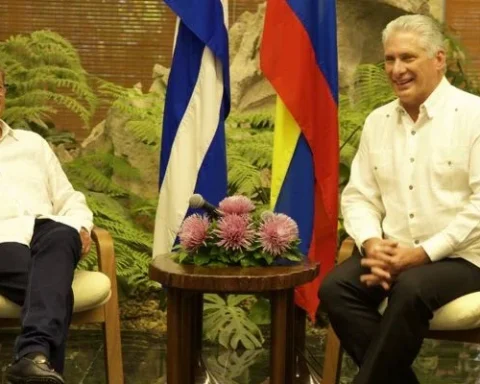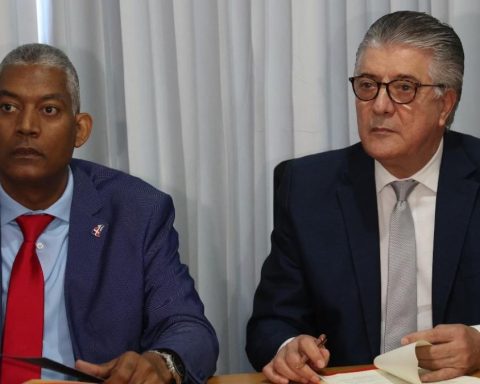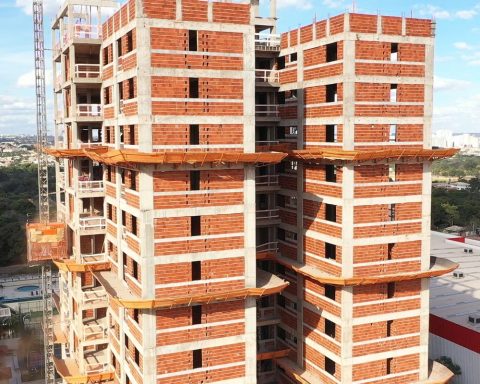The resolution was announced on July 7 by the secretary and deputy secretary of the Presidency, Álvaro Delgado and Rodrigo Ferrés, respectively, in response to the judicial opinion known on the day.
The Executive Branch complies with the resolution, but will appeal it immediately, Delgado said, and reported that, as of today, vaccines for this population will no longer be available until further notice.
At the press conference, held in the Executive Tower, Delgado said that the Government respects Justice as well as science, for which the Ministry of Public Health immediately suspended voluntary vaccination of children under 13 years of age, as ruled Judge.
He added that the decision will be appealed and that, in his opinion, this judge transferred to the area of Justice the responsibility for a possible impact on the health of minors whose parents wanted them to be inoculated.
He reported that 5,800 minors are eligible to receive their second dose, many of them with a medical prescription, in addition to those who would be vaccinated with the first dose.
“The rulings are obeyed, but they can be criticized, and this ruling is nonsense, which indicates that the vaccination plan is illegal and unconstitutional and that the economic interests of private pharmaceutical companies weighed. This, for the Government, is an inadmissible argument”, Delgado emphasized.
And he added: “As a citizen and as a parent, that a judge suspends a voluntary vaccination against the indication of science is of great concern.”
He recalled that this plan was extensively studied in Uruguay and endorsed by the academy, in addition to being totally voluntary, with a high percentage of adherence in the country, which made the current health situation possible.
The hierarch expressed that he hopes that in a few days, from the appeal that will be presented, parents who want to vaccinate their children will be able to do so. The judge’s ruling, in addition to putting the health of minors at risk, is questioning the work of the Uruguayan scientific community, Delgado said.
For his part, Ferrés pointed out: “We are facing a complex situation from a judicial point of view, and the ruling, from a legal point of view, is nonsense.”
He explained that, to request an amparo action, one must be injured in a subjective right and that, in this case, that of a person was filed by himself and representing diffuse interests. “That is a lack of legitimacy to act,” he pointed out. In addition, he explained that to do so there is a period of 30 days since a right may have been endangered, and the vaccination of minors began in January of this year.
He also mentioned that setting and conducting health policy are the responsibility of the Executive Power, so it will be appealed immediately.
